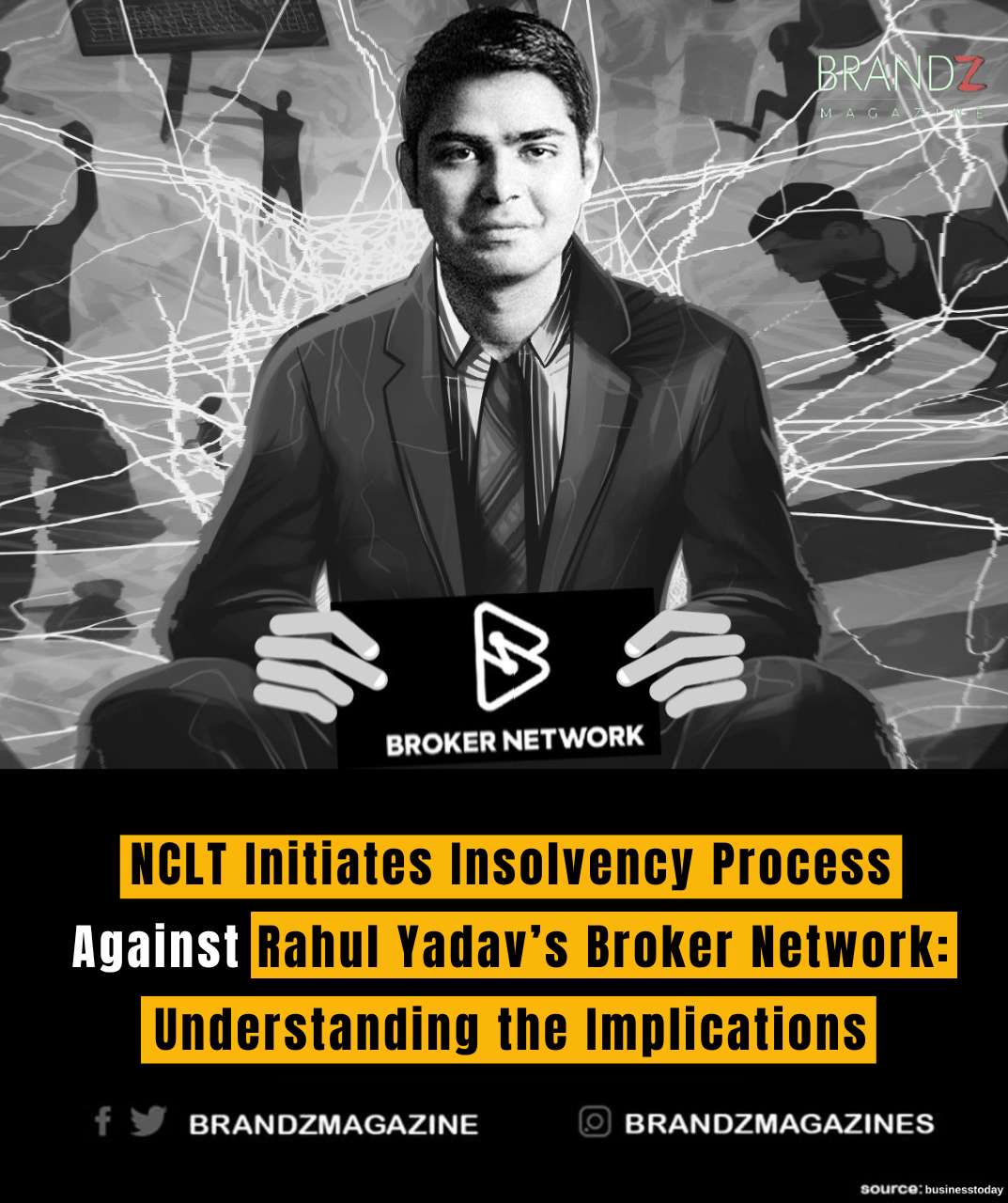
The National Company Law Tribunal (NCLT) has recently taken a significant step by initiating the insolvency process against the broker network associated with Rahul Yadav, marking a crucial development in the realm of corporate governance and financial restructuring. This decision has sent ripples across the financial sector, prompting stakeholders to assess the implications and repercussions of such a move.
Table of Contents
ToggleRahul Yadav, a prominent figure in the financial services industry, established a broker network known for its wide reach and significant market presence. However, recent financial challenges and operational discrepancies have led to mounting debts and defaults within the network, prompting creditors to seek recourse through legal avenues.
The initiation of the insolvency process by the NCLT signifies a proactive approach towards addressing financial distress and ensuring the protection of stakeholders’ interests. By invoking insolvency proceedings, the tribunal aims to streamline the resolution process, safeguard creditors’ rights, and facilitate the orderly restructuring of the broker network’s financial affairs.
The NCLT’s decision to initiate insolvency proceedings against Rahul Yadav’s broker network carries significant implications for various stakeholders involved. Creditors, including financial institutions and individual investors, stand to benefit from a structured resolution process that aims to maximize recovery of outstanding dues and mitigate potential losses.
For employees and associated service providers within the broker network, the insolvency proceedings may raise concerns regarding job security, contractual obligations, and payment of dues. It becomes imperative for the insolvency resolution professional appointed by the NCLT to prioritize the interests of all stakeholders and ensure a fair and equitable resolution of claims.
The NCLT’s intervention underscores the importance of regulatory oversight and compliance within the financial services sector. It serves as a reminder for market participants to adhere to prudent risk management practices, transparency in financial reporting, and compliance with regulatory requirements to mitigate the risk of financial distress and regulatory scrutiny.
The initiation of insolvency proceedings against Rahul Yadav’s broker network is likely to reverberate across the financial services industry, impacting market sentiment and investor confidence. It highlights the importance of robust corporate governance mechanisms, risk management frameworks, and prudent business practices in safeguarding the stability and integrity of financial institutions and market participants.
As the insolvency process unfolds, stakeholders must cooperate with the appointed resolution professional and actively participate in the resolution proceedings to achieve a favorable outcome. Transparency, accountability, and collaboration are essential elements in navigating the complexities of insolvency resolution and charting a path towards financial recovery and revitalization.
In conclusion, the NCLT’s decision to initiate insolvency proceedings against Rahul Yadav’s broker network signifies a pivotal moment in the realm of corporate restructuring and financial governance. It underscores the need for proactive measures to address financial distress, uphold stakeholders’ interests, and restore confidence in the financial ecosystem. As the insolvency resolution process unfolds, stakeholders must navigate the challenges ahead with resilience, cooperation, and a commitment to achieving a fair and equitable resolution.

